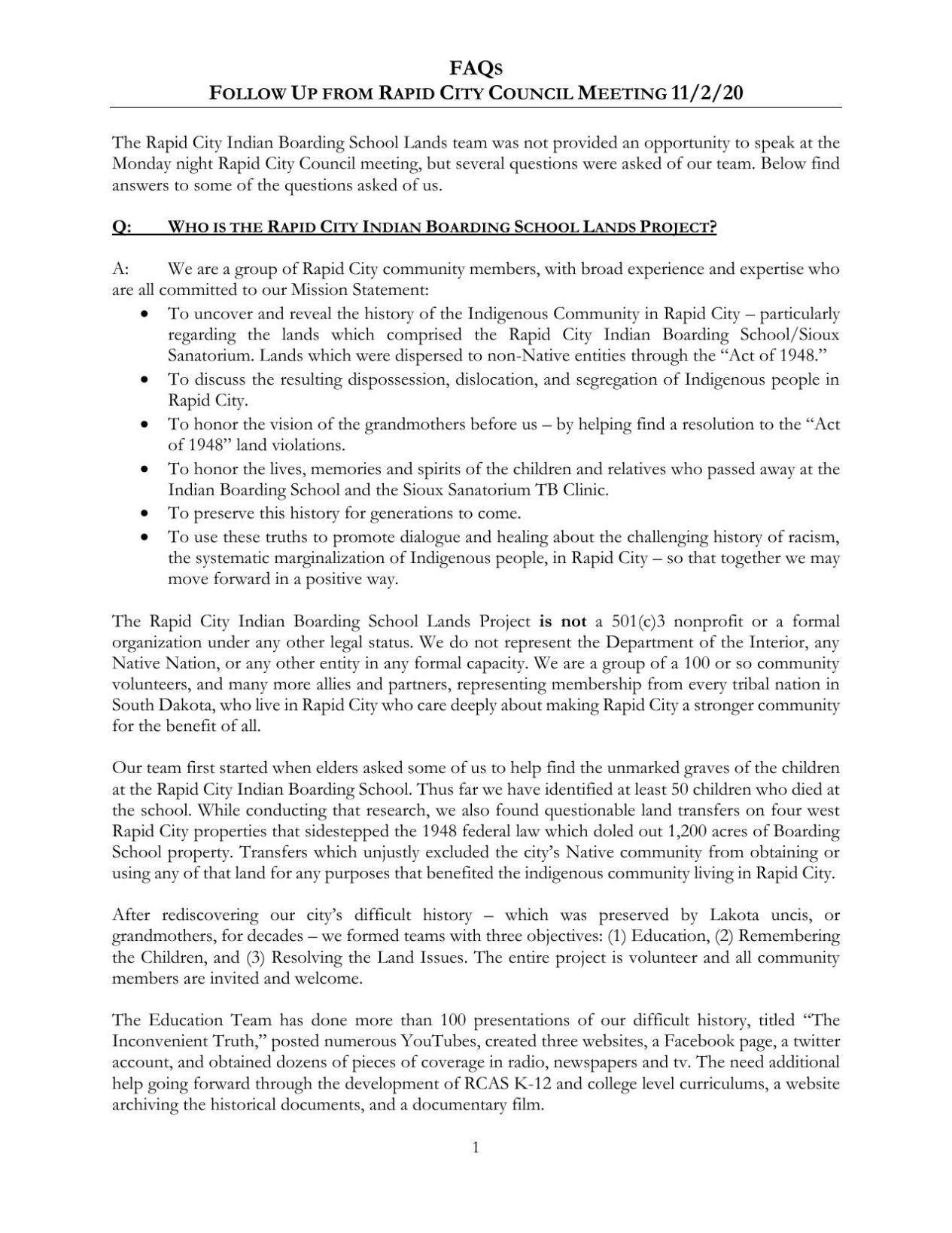

This raises the question of what man would die from in such a state (assuming he would not be immortal)-that is, if his upbringing were of a perfection of which Rousseau and Wolf might approve. This is what one might call the Rousseau theory of cancer: that in a virtuous state of nature, man would never get it. “The harm that is caused by faulty upbringing can be so great that in its most extreme forms it can manifest itself as a neurotically determined illness, such as cancer, as now seems to be the case with me.” She quoted the Swiss author Fritz Zorn, who, like many a memoirist of cancer (or other fatal disease) from the privileged sector of society whom I have read, asked the question when he contracted the disease, “Why me?” His answer was as follows: In 1984 Wolf wrote an essay entitled “Illness and Love Deprivation: Questions for Psychosomatic Medicine.” And in 1991 she gave a lecture to the German Cancer Society entitled Cancer and Society, in which she wondered whether there was a cancer personality that, because it was inhibited by its social upbringing from expressing aggression outwardly, turned its aggression inwards in the form of cancer. The heroine of her most famous book, The Quest for Christa T, dies from leukaemia.

Medicine has long been an interest of Christa Wolf’s. One can’t help thinking of the position of medical directors of NHS trusts. She was widely regarded as an equivocal dissident, half-darling, half-opponent of the regime. Her reputation suffered somewhat after the Berlin Wall came down from the revelation that she had informed for the Stasi, though only for a short time when she was young. Christa Wolf was the most famous East German writer, at least in the west.


 0 kommentar(er)
0 kommentar(er)
